
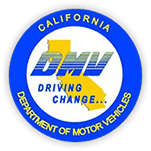
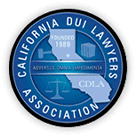

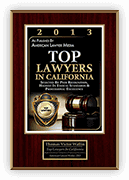


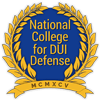
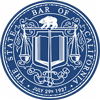

DUI sobriety checkpoints are designed to protect both the public and motorists for individuals who are driving under the influence. These checkpoints are done in a controlled manner and according to specific guidelines. Although most DUI checkpoints in Riverside are required to be announced prior to their commencement, many arresting officials do not post the information either online or in newspapers until the very last moment. Below is more information on sobriety checkpoints, how they occur, and how a DUI attorney may be able to assist those charged.
Being stopped by a law enforcement officer can be stressful enough so it is no surprise that most motorists dread going through a DUI checkpoint, even if they have not been drinking. Knowing what could occur can make the situation easier to handle and can allow you to calmly respond to an officer if you do happen to be stopped during one.
Most Riverside DUI checkpoints occur in areas known for frequent drunk driving arrests such as areas near bars or heavily populated streets. These checkpoints always occur on public streets and must be announced prior to them being conducted.
Regardless of whether the checkpoint is being conducted by California Highway Patrol or by the Riverside police department, arresting officers must follow a neutral, mathematical formula. This means that prior to this process occurring, officers agree to allow a specific number of vehicles to pass through before checking on one unless a motorist clearly shows signs of driving while being intoxicated.
Once a vehicle is stopped, officers look for signs of intoxication that include, but are not limited to, blurred or bloodshot eyes, slurred speech or even the scent of alcohol. Unfortunately, even if an individual has not been drinking but shows signs of anxiety or is highly agitated, officers may ask the motorist to pull over for additional questioning. If an officer does notice signs of intoxication, they may require the motorist to conduct a DUI field sobriety test that include hand, foot, or eye coordination techniques designed to determine whether the motorists had been drinking. After conducting a field sobriety test, officers will usually ask the motorist to perform a breathalyzer test and if it comes back at or above the legal limit of .08%, then an arrest is made.
If you happen to be arrested for driving under the influence during a DUI checkpoint in Riverside, your number one priority following your arrest is to contact an attorney as soon as possible. Our lawyers have been trained on administering field sobriety tests and we will be able to determine whether your stop and arrest was done in accordance to the guidelines previously set forth. This will allow us to get a better sentencing in both the DMV hearing and criminal court hearings that you otherwise might not have been able to receive on your own.
